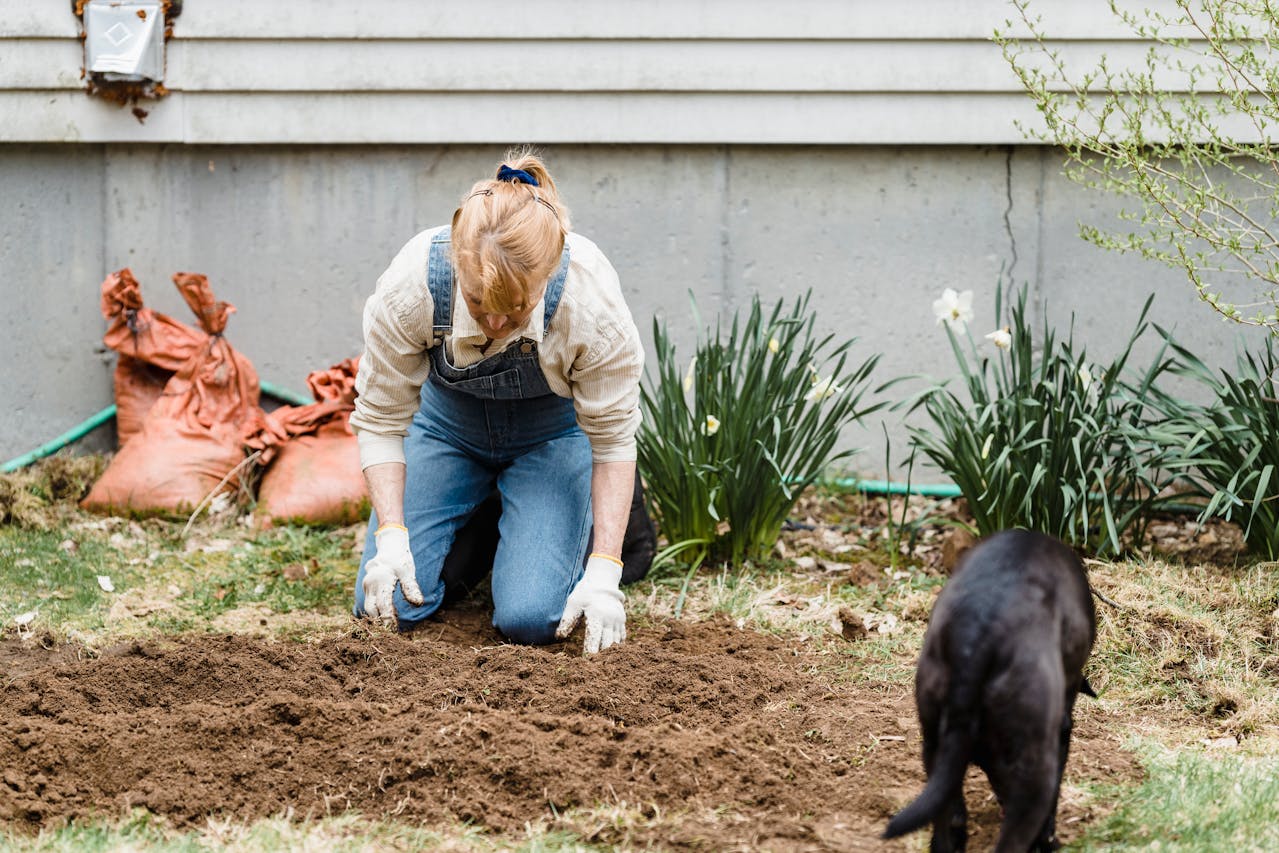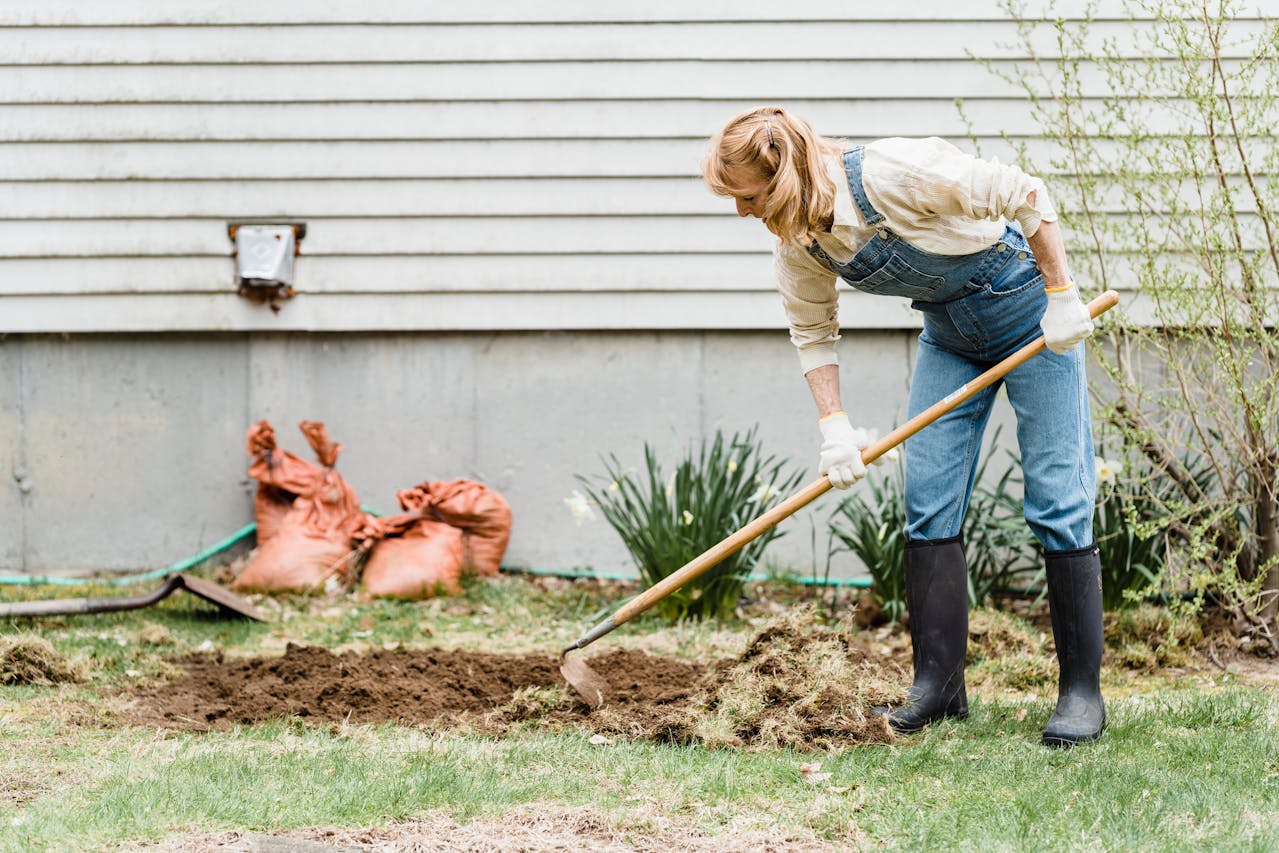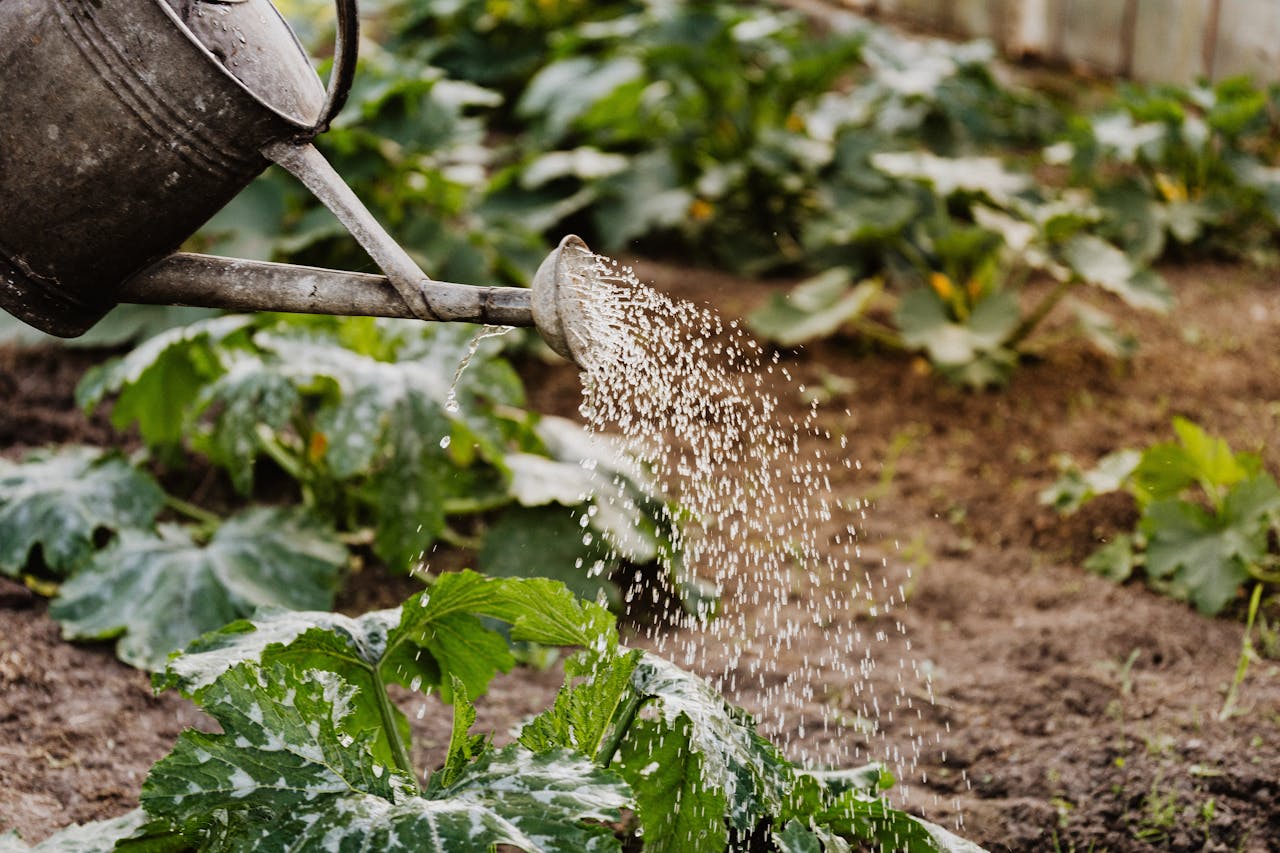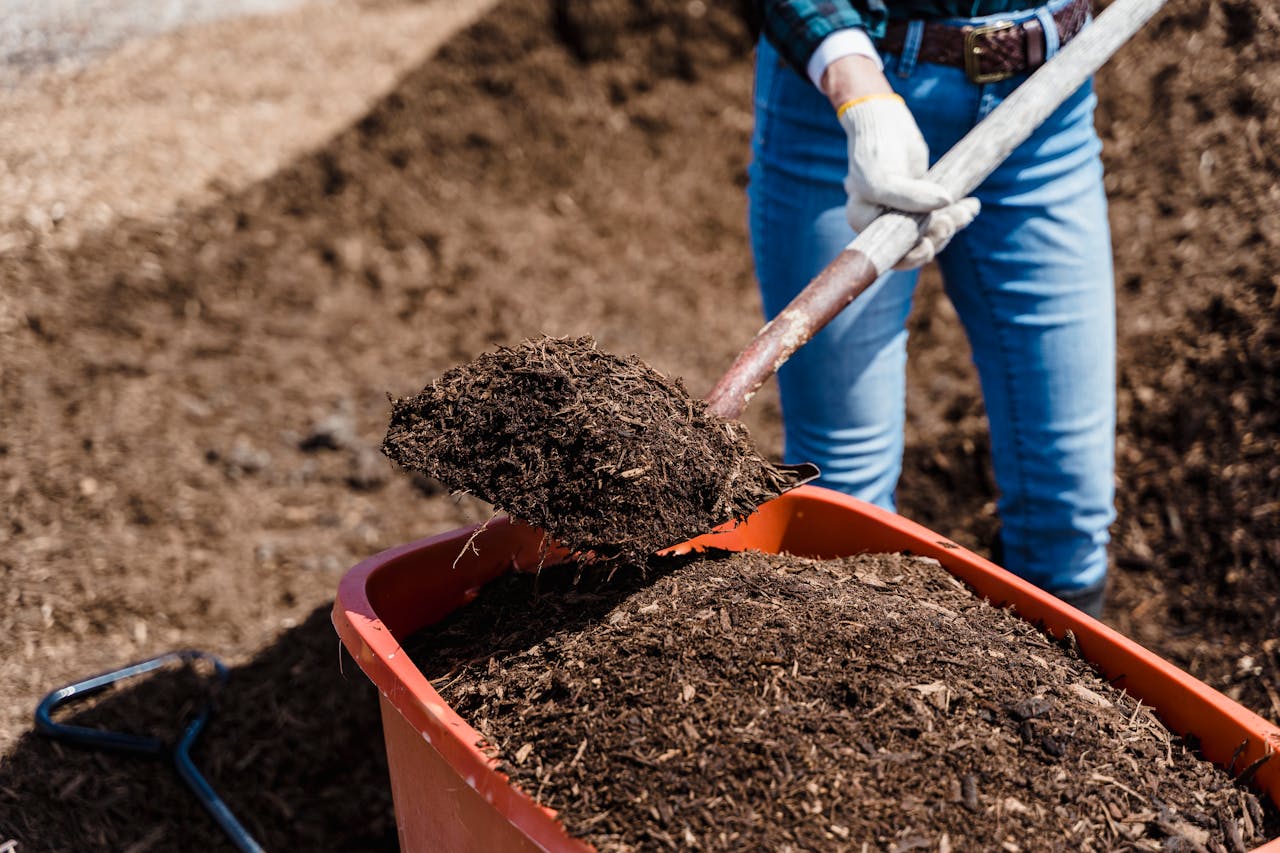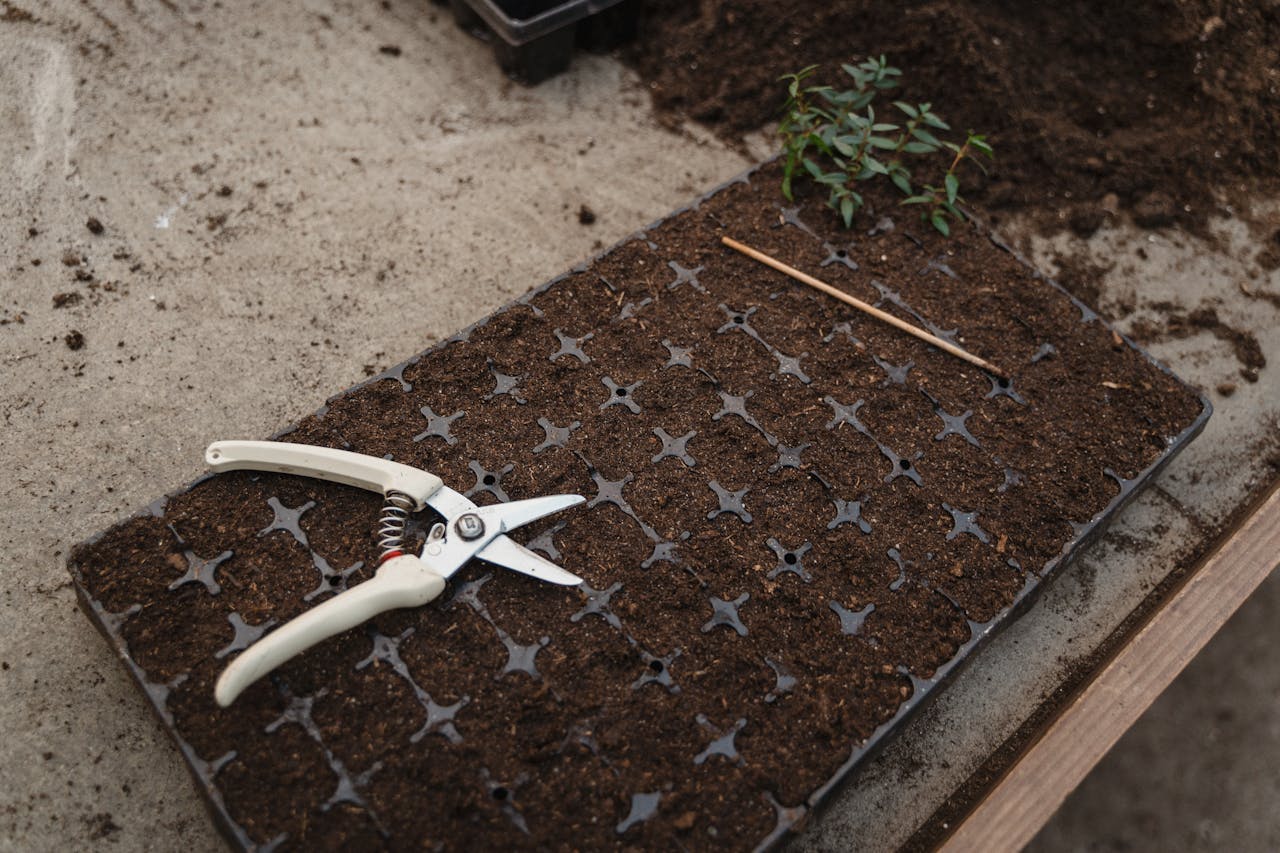10 Food Habits Nutritionists Want You to Stop Right Now

Eating healthy is essential for maintaining overall well-being, yet many of us unknowingly engage in food habits that can sabotage our nutrition goals. Nutritionists have observed several common behaviors that can hinder your health journey. If you are ready to improve your eating habits, it is time to take a closer look at these ten food habits you should stop immediately.
1. Skipping Breakfast

Many people believe that skipping breakfast can help them cut calories, but nutritionists warn that this habit can backfire. A hearty breakfast jumpstarts your metabolism and provides essential nutrients and energy for the day ahead. Without it, you are more likely to overeat later in the day, craving quick fixes that often lead to unhealthy choices. Studies have shown that individuals who eat breakfast regularly tend to have better overall diets. A balanced breakfast that includes protein, healthy fats, and fiber fuels your body properly and sets a positive tone for your meals throughout the day. Options such as oatmeal topped with fruits or a smoothie with spinach and protein powder can start your morning on the right foot.
2. Relying on Processed Foods

Processed foods are often high in added sugars, unhealthy fats, and sodium, making them less nutritious than whole foods. Nutritionists emphasize the importance of incorporating fresh fruits, vegetables, whole grains, and lean proteins into your diet. Not only do these foods provide essential vitamins and minerals, but they also help maintain energy levels and keep you feeling full longer. By reducing your consumption of processed foods, you can improve your overall health and enjoy more satisfying meals. Cooking at home allows you to control the ingredients in your meals, which can lead to healthier choices. Simple recipes that emphasize whole ingredients can significantly enhance your diet.
3. Overeating Healthy Foods

While foods like nuts, avocados, and olive oil are indeed healthy, they are also high in calories. Nutritionists caution against the misconception that you can eat unlimited amounts of healthy foods without consequence. Portion control is crucial, even with nutritious options. Mindful eating practices, such as measuring serving sizes and paying attention to hunger cues, can help you avoid overeating while still enjoying the benefits of wholesome foods. Strive for balance and moderation in your meals. By understanding proper portion sizes, you can enjoy healthy foods without excessive calorie intake. Incorporating vegetables into your meals can also help you feel fuller without consuming too many calories.
4. Drinking Sugary Beverages

Sugary drinks like soda, energy drinks, and sweetened teas can significantly contribute to weight gain and various health issues. These beverages often contain high amounts of added sugars and provide little to no nutritional value. Nutritionists recommend replacing sugary drinks with healthier alternatives like water, herbal teas, or infused waters. Staying hydrated is crucial for overall health, and by cutting out sugary beverages, you can dramatically reduce your sugar intake and improve your energy levels. Consider carrying a reusable water bottle to remind yourself to drink more water throughout the day. Adding lemon or cucumber slices can also enhance the flavor of your water without adding sugar.
5. Ignoring Food Labels

Many people overlook the importance of reading food labels, which can lead to poor food choices. Nutritionists emphasize that understanding what you are consuming is vital for making healthier decisions. Pay attention to serving sizes, added sugars, sodium levels, and the presence of artificial ingredients. Being informed about what is in your food empowers you to choose better options and avoid hidden additives that can negatively impact your health. Make it a habit to read labels before making a purchase, and you will be more equipped to make nutritious choices. Learning to decipher food labels can help you become more mindful of your dietary selections and allow you to make informed decisions at the grocery store.
6. Eating Late at Night

Late-night snacking is a common habit that can disrupt digestion and lead to unwanted weight gain. Nutritionists warn that eating too close to bedtime can hinder sleep quality and may contribute to unhealthy food choices. If you find yourself craving snacks at night, try to limit eating to a few hours before bed. If you must snack, opt for lighter options like yogurt or fruits, and practice mindful eating to avoid mindless munching. Establishing a consistent eating schedule can promote better digestion and improve sleep quality. By creating a routine around your meals, you can help your body process food more effectively and improve your overall health.
7. Neglecting Meal Prep

In our busy lives, it is easy to skip meal preparation in favor of quick, unhealthy options. Nutritionists stress the importance of planning and prepping meals in advance to ensure you have nutritious choices readily available. Spend some time each week to cook and portion out healthy meals and snacks. This practice not only saves time but also helps you make better food choices when hunger strikes. When you have healthy options on hand, you are less likely to turn to fast food or processed snacks. Effective meal prep can lead to improved dietary habits and greater satisfaction with your food choices. Consider making a grocery list and sticking to it to avoid impulse buys.
8. Using Food as a Reward

Using food as a reward can create an unhealthy relationship with eating and lead to emotional eating habits. Nutritionists suggest finding alternative ways to celebrate achievements or cope with stress that do not involve food. Engage in activities that promote well-being, such as exercise, hobbies, or spending time with loved ones. Developing a healthier mindset around food can help you create a more balanced relationship with eating and promote long-term health benefits. Consider journaling or practicing mindfulness as alternatives to using food as a reward for accomplishments. Cultivating hobbies that bring you joy can help you find fulfillment outside of food.
9. Overlooking the Importance of Fiber

Fiber is an essential component of a healthy diet, yet many people do not consume enough of it. Nutritionists emphasize that fiber helps regulate digestion, promotes feelings of fullness, and can aid in weight management. Foods rich in fiber include fruits, vegetables, whole grains, and legumes. To increase your fiber intake, try incorporating more plant-based foods into your meals, such as adding beans to salads or choosing whole-grain options for bread and pasta. Aiming for a balanced fiber intake can improve your digestive health and overall well-being. Paying attention to your fiber consumption can lead to increased satisfaction with your meals and promote regularity.
10. Neglecting Hydration

Staying hydrated is vital for overall health, yet many people underestimate the importance of drinking enough water. Nutritionists point out that dehydration can lead to fatigue, headaches, and even overeating, as people often confuse thirst with hunger. Aim to drink at least eight glasses of water a day, and consider carrying a water bottle to remind yourself to stay hydrated throughout the day. If plain water does not appeal to you, try herbal teas or infuse water with fruits for a refreshing twist. Prioritizing hydration can boost your energy levels and support your body’s essential functions. Remember that consuming foods with high water content, like cucumbers and watermelon, can also contribute to your hydration needs.
Final Thoughts

Improving your eating habits is an ongoing journey that requires awareness and commitment. By recognizing and addressing these ten food habits that nutritionists want you to stop right now, you can take significant steps toward better health and well-being. Focus on creating a balanced diet that includes whole foods, practicing portion control, and staying mindful of your eating habits. With a little effort, you can cultivate a healthier relationship with food and make lasting changes that will benefit your overall health for years to come.
Incorporate these tips into your daily routine, and you will not only feel better physically but also enjoy a more satisfying and nourishing relationship with food. It is never too late to make positive changes, so start today! By being proactive in your approach to nutrition, you can enhance your well-being and achieve your health goals. Remember, small changes can lead to significant results, so take the first step and commit to a healthier you.






































































